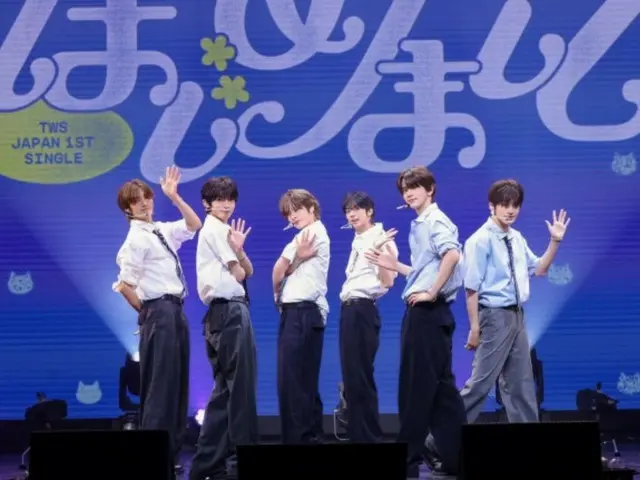Next year the situation will be even more serious. The number of drama productions will fall to the lowest level in a decade: from 141 productions in 2022 to 123 in 2023, a sharp drop from 100 this year to the 80 production level next year.
Excluding Netflix, Disney+ and other global OTT productions, the number of drama productions is at the lowest level in history.
Lee Jong-kwang, Chief Specialist of the Sejong Sejong Legal Service, made this analysis at a recent seminar organised by the Korea Media Policy Society and other organisations.
Lee Jong-kwan said, "The global OTT has raised the appearance fees of actors, and the cost of content production is increasing rapidly", adding, "The more content we produce, the more we lose money, and we are facing a situation where even content that was being produced is suspended."
The domestic media industry is being driven into a major crisis: the influence of Netflix is expanding, domestic broadcasters' sales are plummeting and even the drama production capacity that supported their competitiveness is reaching its limits.
Domestic broadcasters have been forced into a situation where it is difficult for them to endure the huge production costs raised by Netflix to the extent that the basic appearance fee per episode for major cast members is 300-400 million won.
The number of drama productions has been greatly reduced, and many actors have been expressing the harshness of not having any productions in which to appear.
Actor Kim Ha-neul appeared on a YouTube channel and said, "I'm really thankful that scripts are coming in", and shared his recent experience of the industry recession. Actor Ko Hyun-jung "I don't get offers for films. It doesn't matter if it's not the best film. I don't care if I have to cut my appearance fee."
Last year, domestic broadcasting business sales fell 4.7% year-on-year to 18,973.4 billion won, recording a decline for the first time in 10 years. In particular, terrestrial broadcasting, the country's main broadcasting content producer, saw its advertising sales fall by around KRW 1 trillion from KRW 1,911.2 billion in 2015 to KRW 927.3 billion last year.
Major pay-TV broadcasters such as KT Skylife and LG Hello Vision have recruited special voluntary retirees for the first time in their history; analysis shows that the phenomenon of deactivating pay-TV is accelerating due to the increasing use of OTT such as Netflix.
Experts stressed the urgent need to eliminate reverse discrimination above all else. Unlike Netflix, which is not subject to broadcasting regulations, domestic broadcasters are increasingly voicing that they have fallen into greater difficulties with content and advertising regulations.
Kang Shin-kyu, a responsible research committee member of the Korea Broadcasting and Advertising Promotion Corporation, explained that above all, deregulation of advertising is an urgent issue. He said that "Netflix has launched an advertising fee system and is expected to earn 200-300 billion won in advertising sales in the country over the next five years" and that "advertising regulations for domestic operators must be eased and worries about introducing new advertising must also be resolved."
2024/12/01 19:37 KST
Copyrights(C) Herald wowkorea.jp 91



